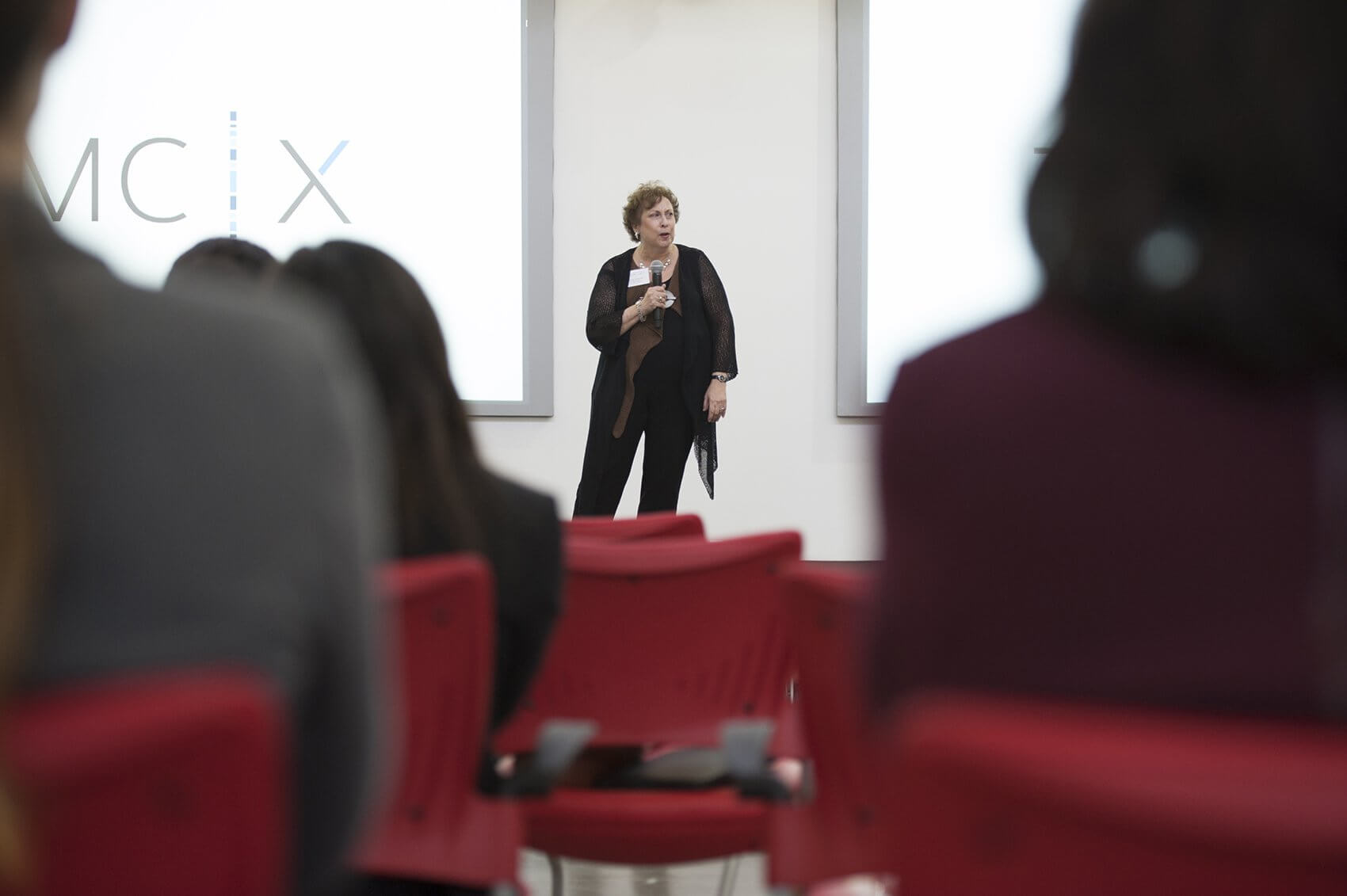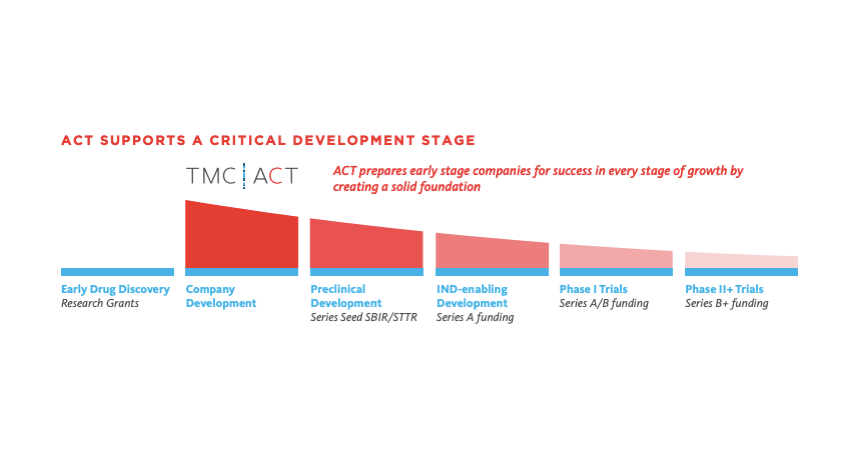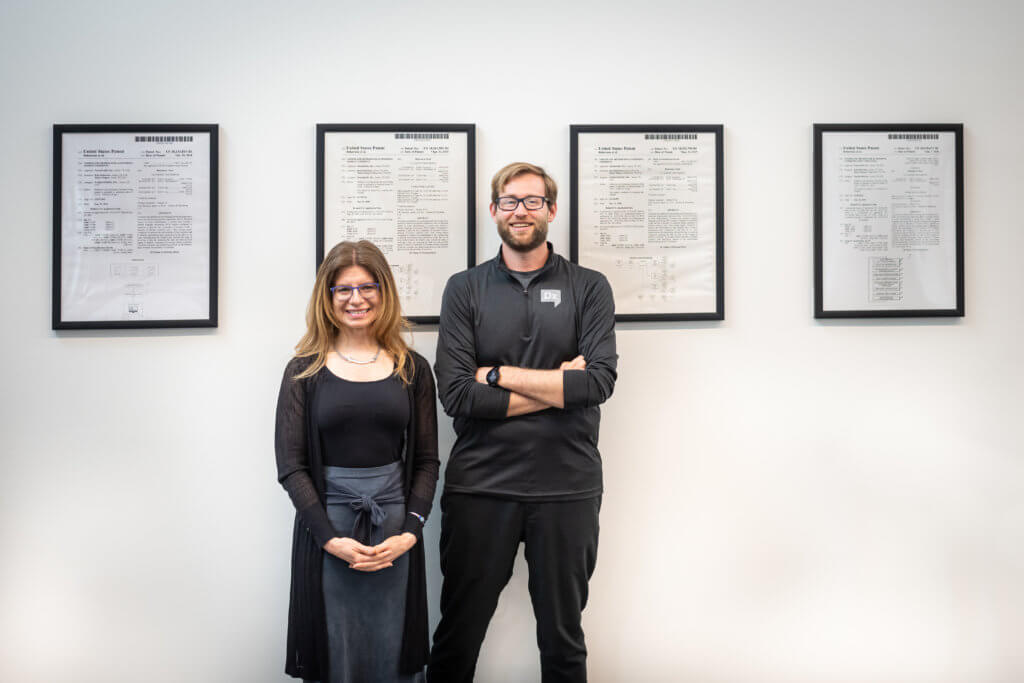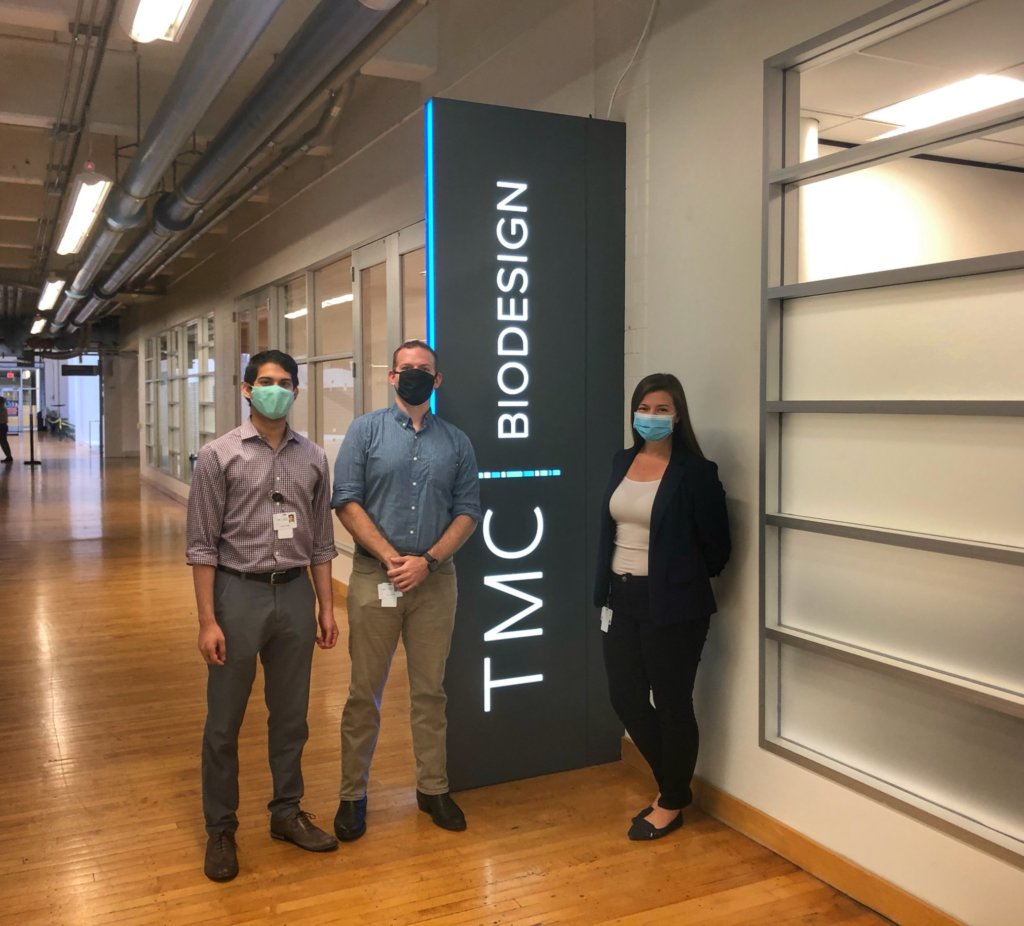TMCx Company Profile: Will 2 Love
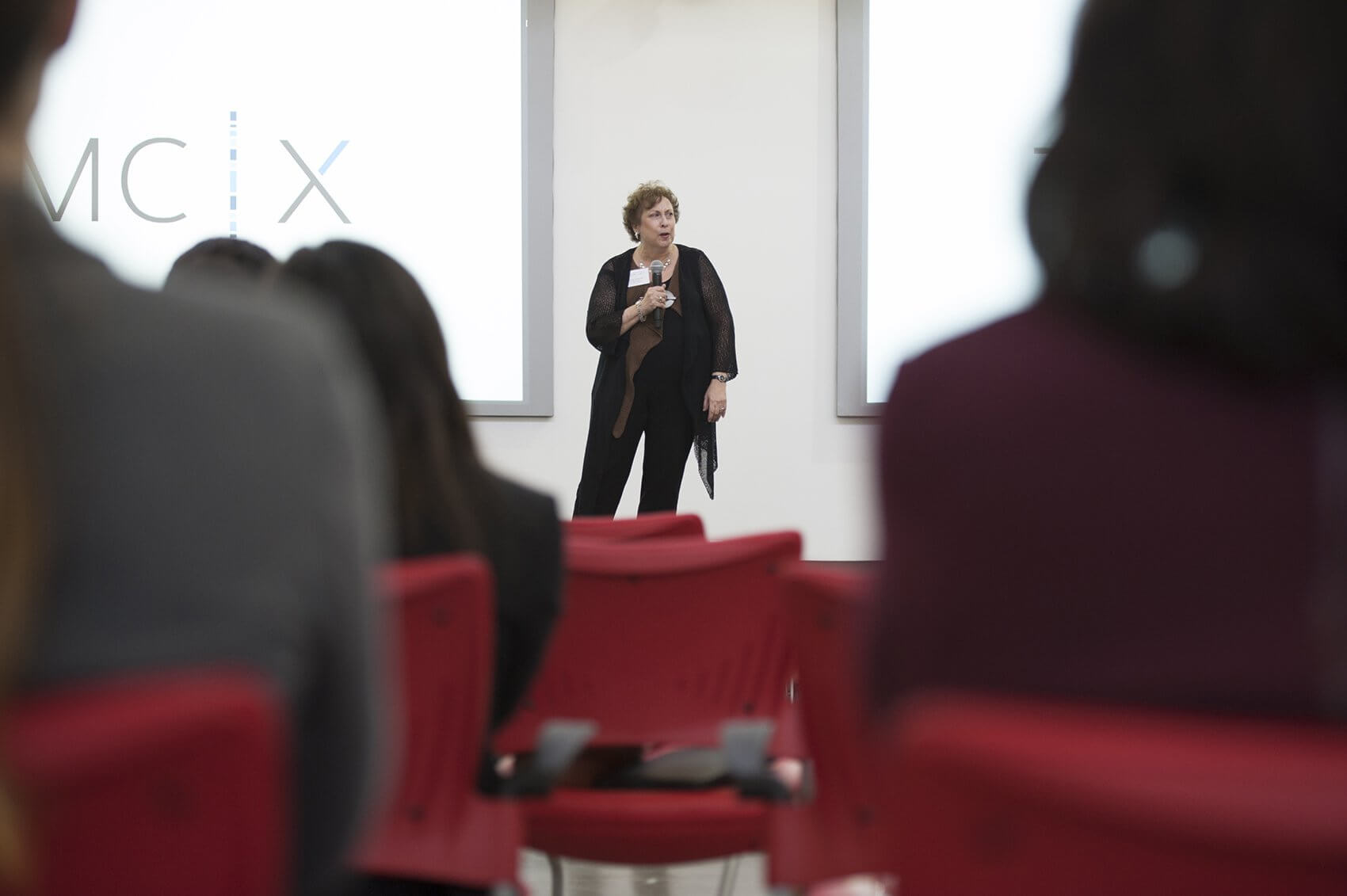
From patients on the receiving end of a cancer diagnosis to survivors struggling to reintegrate into their lives, navigating different aspects of recovery can be daunting. Even with a supportive oncology treatment team, wrangling the bucking broncos of care coordination—arranging chemotherapy treatments, scheduling surgical procedures and everything in between—is an exhausting experience. So how do you include counseling about sexual health and fertility in this already overcrowded field?
“For one thing, I think our whole culture makes it difficult to talk about sex,” said Leslie Schover, Ph.D., founder of Will 2 Love and professor of behavioral science at The University of Texas MD Anderson Cancer Center. “Health care professionals get very little training on how to approach the topic. Patients are embarrassed to bring it up—it’s like, ‘This is my cancer doctor, and how are they going to view me if I complain about my sex life?’”
After more than three decades of helping cancer patients and survivors through research and clinical work—and seeing too many patients who struggled with problems that could have been solved with the right medical treatment and counseling—Schover decided to take action. With Will 2 Love, she leveraged her expertise to create Internet-based interventions for problems with sexuality and fertility stemming from cancer and other chronic illnesses.
“I spent over 30 years as a psychologist, focusing a lot of my career on how cancer and other chronic illnesses affect people’s sex life and fertility,” said Schover, who first came to MD Anderson in 1982. “I was increasingly frustrated that even after all the years of educating health care professionals, doing research and creating treatment programs, most patients are still not getting the kind of information they need. They’re at the mercy of their health care providers who have so many other things on their mind. Sex and fertility may not even be on the radar.”
“My goal in creating these web interventions was to give patients a way of having accurate, timely information, 24/7,” she added. “Science-based facts that would enable them to make treatment decisions, emotional support and, beyond that, self-help tools that might help them either prevent sexual problems or overcome them.”
Composed of four web-based programs, Will 2 Love’s online platform presents interactive, cancer site-specific information, self-help strategies, personal video stories and advice on seeking professional help for sexual problems related to cancer.
“One of my research subjects—a breast cancer patient in her early 50s with a master’s degree—said it really well,” noted Schover. “She said, ‘I’ve looked all over the Internet and I can sum up what I’ve found as: wear a camisole, use a lubricant and some day if you talk to your partner you will find your new sexual normal. Not!’ I think information on the Internet is very repetitive and superficial. What’s different about our website is that we go in depth and give practical, step-by-step instructions like, ‘What treatment option can you try first?’ and, ‘What can a couple do together to get back to normal after they’ve had a period of inactivity in their sex life?’”
Will 2 Love’s online modules each cater to a different patient need. “Tendrils: Sexual Renewal After Cancer Treatment” and “Motherhood After Cancer” include sexuality and fertility, as well as pregnancy and cancer for women. “Banking on Fatherhood” zeroes in on male infertility and cancer, in addition to options for banking sperm. Finally, “hardtimes: Cancer and Men’s Sexual Health,” focuses on men’s sexual problems related to cancer. A final research trial with hardtimes, funded by the National Cancer Institute, is currently seeking additional participants.
“I think I have a really deep understanding of this patient group and their struggles because I’ve worked with them for so many years,” said Schover. “A lot of startups will see a problem and think, ‘Oh, that sounds like a good target—I’m going to work on that.’ But in creating these websites, I put my whole 30-plus year career into trying to organize them and make them useful to the patients that I’ve been seeing and treating.”

